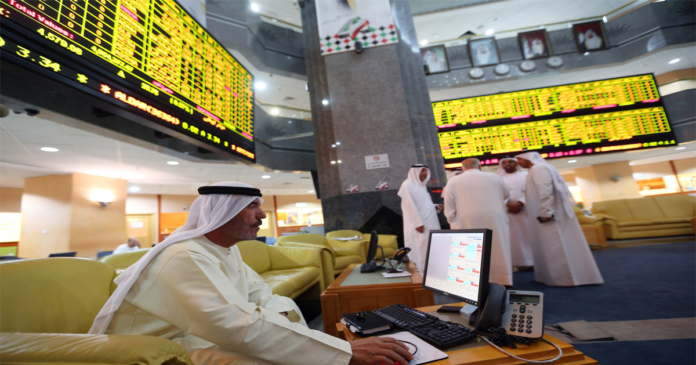Although the Abu Dhabi index defied the trend, the majority of the major stock markets in the Gulf increased in early trade on Tuesday as a result of rising oil prices and solid results.
Most Gulf markets gain on oil: The benchmark index for Saudi Arabia increased by 0.6%, with a 5.8% increase in Alinma Bank as a result of an increase in quarterly net profit.
The lender recorded a second-quarter net profit of 1.23 billion riyals ($327.94 million), up from 925.1 million riyals a year earlier. The institution’s stock recently reached its highest level since Nov. 9.
Oil prices, which are a major driver of the Gulf financial markets, increased for a third straight session as signals of tighter supply and Chinese government promises to support the economy boosted confidence.
Leaders in China, the second-largest economy and oil user in the world, promised to intensify policy assistance for the economy amid a difficult post-COVID recovery, concentrating on increasing domestic demand.
Dubai’s benchmark index increased 0.2%, and the largest lender Emirates NBD saw a 1.5% increase. The index increased 0.9% in Qatar as most of the firms, including Commercial Bank, which rose 2.8%, were in the green.
To establish the largest tower company in the Middle East and North Africa, the Kuwaiti Zain Group, the Dubai-based TASC Towers Holding, and the Qatari telecom operator Ooredoo announced exclusive talks on Monday. Ooredoo increased 1.7%, whereas Zain Group declined by 0.2%.
The largest lender in the nation, First Abu Dhabi Bank, saw a 0.1% decline, contributing to a 0.1% decline in the index in Abu Dhabi.
However, after the bank reported a 36.7% increase in half-yearly net profit, Sharjah Islamic Bank increased 4.9%, reaching its highest level since June 2008.

